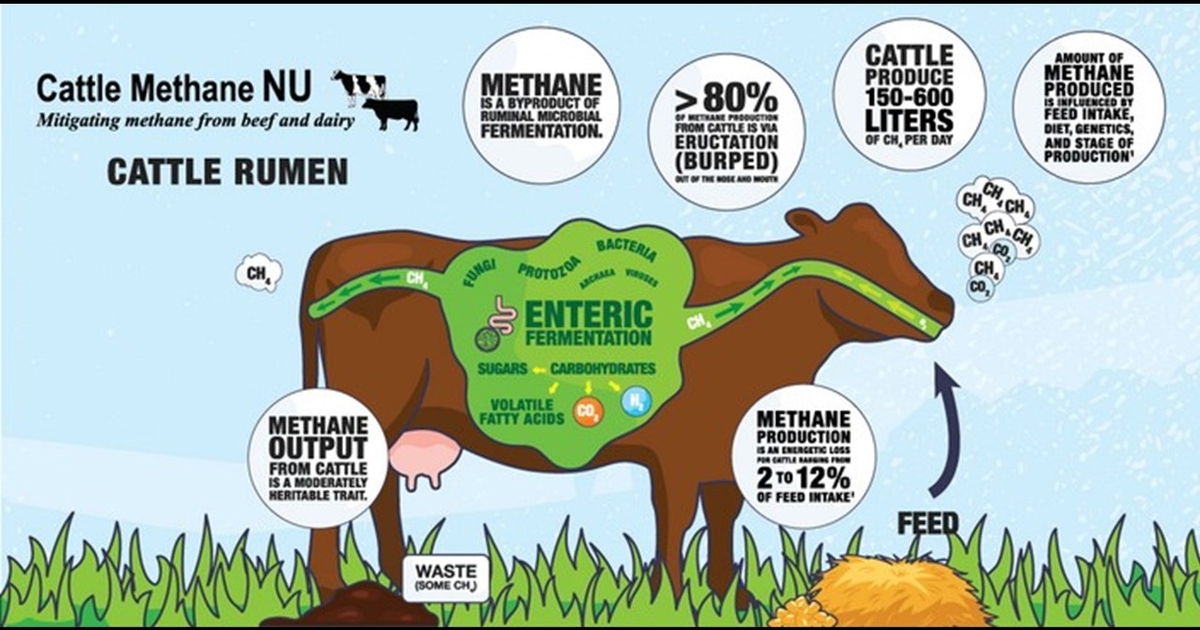FDA awards funds for three projects on antimicrobial use in animals
Posted on September 26, 2024
Source: Farm Progress. The original article is posted here.

The U.S. Food and Drug Administration is awarding cooperative agreement funds for three projects to collect, analyze and report data on antimicrobial use (AMU) in animals. The grant program supports long term AMU data collection efforts under development within the United States, including proposed public-private partnership for tracking AMU data.
Projects funded by the cooperative agreement include:
Mindwalk Consulting Group LLC proposes to expand upon an ongoing, nationally representative and sustainable system for collecting on-farm quantitative AMU data from the turkey, broiler chicken and table egg industries of the U.S. This work would address key data gaps and builds upon prior FDA-funded projects.
Cornell University proposes to collect multiple years of detailed AMU data from dairy farms and develop an AMU monitoring system. The monitoring system would include features to incentivize farmer participation and provide insight into the perceptions and needs of dairy farmers regarding AMU monitoring.
Kansas State University proposes to leverage multiple existing databases for U.S. livestock and poultry AMU data, then apply advanced computational and analytical tools to develop a dashboard illustrating AMU data trends.
The cooperative agreements provide each recipient with $200,000 for fiscal year (FY) 2024, with the potential for continued funding for up to four additional years contingent upon annual appropriations, availability of funding, and satisfactory recipient performance.
FY 2024 funding prioritized proposals to collect AMU data from domestic livestock or poultry sectors. In FY 2025, the FDA intends to fund two additional AMU data collection proposals with a focus on companion animal or minor species. The agency will begin accepting FY 2025 proposals in March 2025.
The FDA said it looks forward to working with the animal health community and relevant stakeholders to gain a better understanding of how and when antimicrobials are being used in animals in the U.S.

.jpg?disable=upscale&width=1200&height=630&fit=crop)


